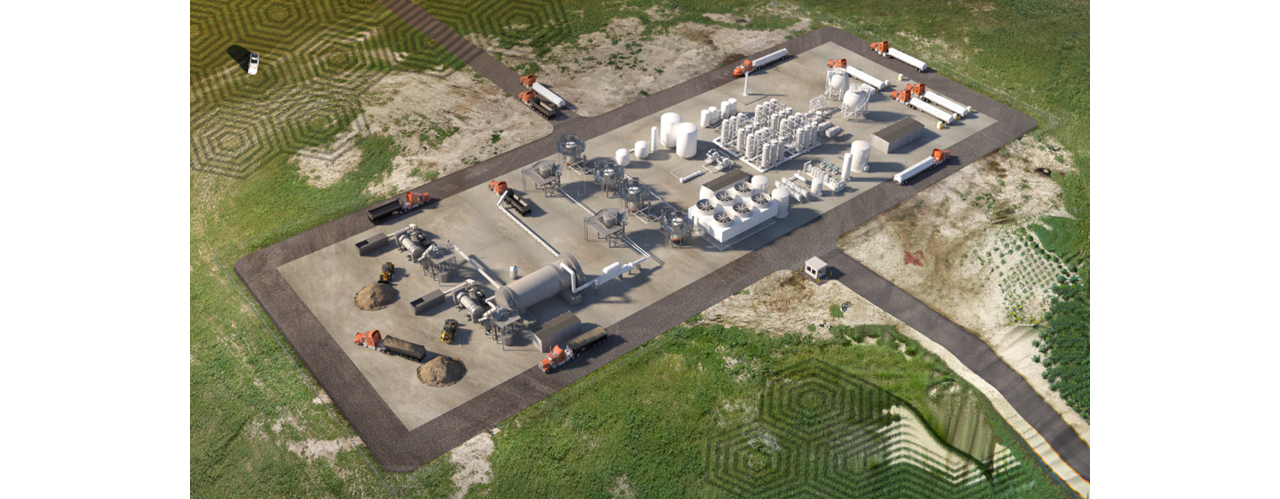Supply of Raven's SAF to Japan Airlines
January 17, 2023
ITOCHU Corporation (Headquartered in Minato-ku, Tokyo; Keita Ishii, President and COO; hereinafter "ITOCHU") and Raven SR, Inc. (Headquartered in Wyoming, USA; Matt W. Murdock, CEO; hereinafter "Raven"), a US company that will produce renewable fuel from municipal solid waste, signed a memorandum of agreement on the supply of sustainable aviation fuel (hereinafter "SAF") to Japan Airlines Co., Ltd. (Headquarters: Shinagawa-ku, Tokyo; President: Yuji Akasaka, hereinafter "JAL").
In August 2021, ITOCHU invested in Raven SR and the two companies have maintained a strong partnership, with plans for commercial production and sales of renewable fuels worldwide. Raven SR, whose patented steam/CO2 reforming technology for converting various types of local waste, such as green waste, municipal solid waste, organic waste and methane from municipal solid waste, into clean fuels including hydrogen and SAF is set to begin commercial production of hydrogen plant in early 2024. This non-combustion technology offers a sustainable solution for the reliable long-term production of renewable fuels. By utilizing local and regional waste, Raven SR's distributive model produces fuels closer to market demand, leading to greater decarbonization and addressing environmental issues caused by waste in specific regions.
Raven SR plans to begin commercial production of SAF by 2025 in California, USA, and expects to expand its production to 200,000 tons per year by 2034 in the USA and Europe. The supply of SAF to JAL which has extensive flight networks will significantly contribute to achieving the Civil Aviation Bureau of the Ministry of Land, Infrastructure, Transport and Tourism’s goal of replacing 10% of all aviation fuels with SAF by 2030.
The General Assembly of the International Civil Aviation Organization (ICAO) has set the goal of achieving net zero CO2 emissions from aircraft by 2050. To meet this target, the airline industry will be required to reduce or offset 15% of its emissions from the 2019 levels starting in 2024. As the trend towards the decarbonization of the airline industry continues to gain momentum, it is expected that the demand for sustainable aviation fuels (SAF) will also increase in Japan.
The supply of sustainable aviation fuel (SAF) is currently approximately 0.03% of total jet fuel consumption and diversification of raw materials is essential as SAF production expands in the future. Raven SR's use of waste as feedstock for its SAF production is expected to stabilize both the supply and price of SAF.
ITOCHU will continue to contribute to the realization of a recycling-oriented society as well as the SDGs through the stable supply of SAF to leading airlines in Japan.
|
|

